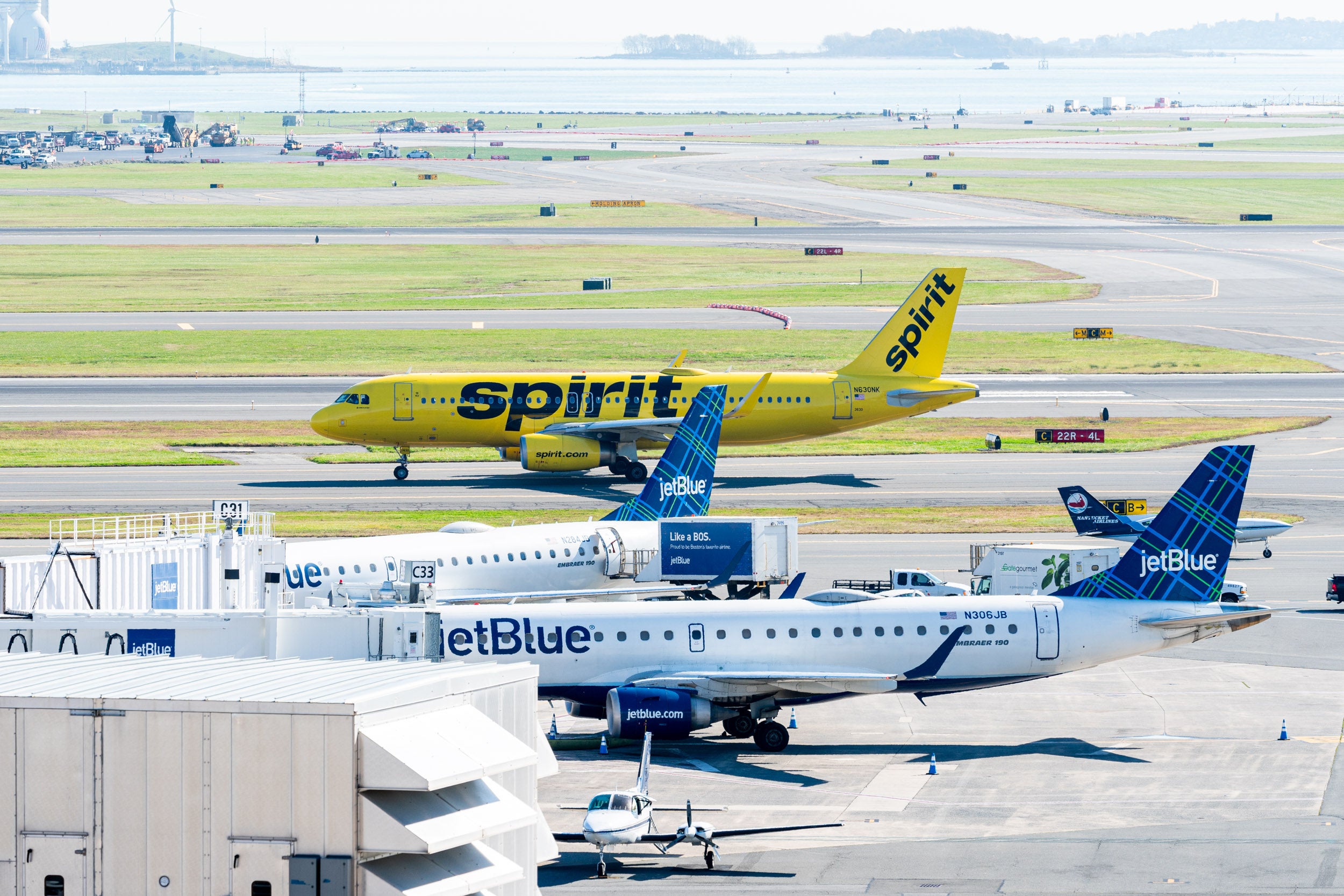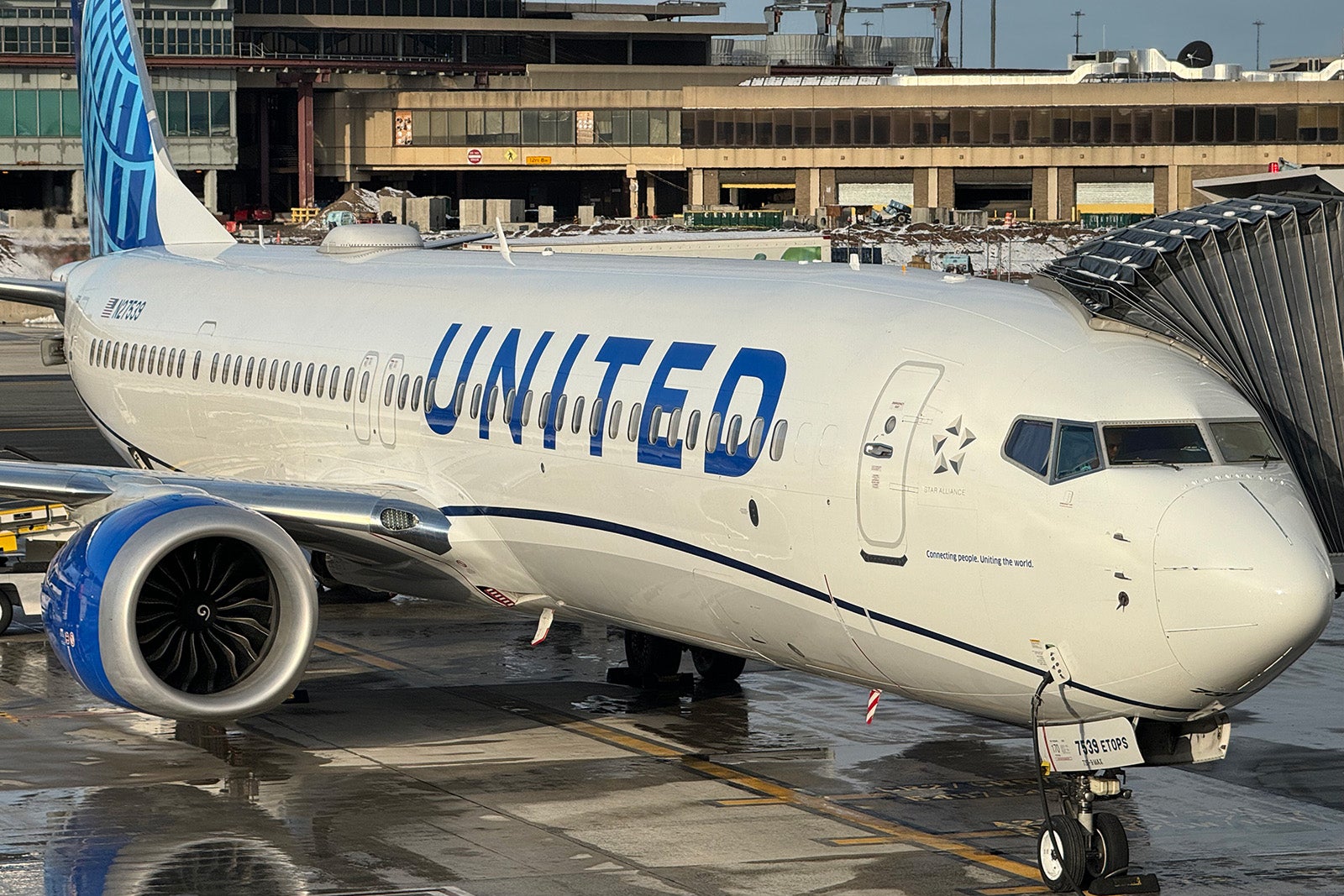JetBlue suggests merger agreement with Spirit could be terminated
JetBlue on Friday said for the first time that its agreement to purchase Spirit Airlines for $3.8 billion may collapse, signaling that the New York-based airline may be looking to pull out of the deal.
In a filing with the Securities and Exchange Commission, JetBlue said that certain conditions had not been met by the deadlines required by the merger agreement, which could allow the airline to terminate the deal by Sunday.
Want more airline-specific news? Sign up for TPG’s free biweekly Aviation newsletter.
The airline added that it was still assessing its options under the agreement and would continue to abide by it.
In its own filing, Spirit said that it disagrees and believes there is “no basis” for killing the deal. Spirit shares were down more than 17% Friday morning, while JetBlue shares were up nearly 2%.
The merger, which the airlines agreed to in the spring of 2022, was blocked earlier this month by a federal judge following a monthlong antitrust trial.

Daily Newsletter
Reward your inbox with the TPG Daily newsletter
Join over 700,000 readers for breaking news, in-depth guides and exclusive deals from TPG’s experts
JetBlue and Spirit said they would appeal the decision, with JetBlue describing the process as “consistent with the requirements of the merger agreement.”
Since the merger deal was first struck, Spirit’s valuation has plummeted as the airline struggled to return from pandemic lows and generate a profit, putting JetBlue in a difficult situation where it was committed to buying Spirit at an inflated price of $33.50 per share, or $3.8 billion. Spirit’s stock was valued at about $6.35 per share as of midday Friday.
However, under the terms of the merger, JetBlue would be on the hook for a reverse breakup payment of $470 million to Spirit shareholders.
Some Wall Street analysts have suggested that the fee was worth paying, with the court’s decision giving JetBlue an exit from what has become a bad deal for the airline.
JetBlue declined to comment beyond the SEC filing, while Spirit did not immediately return a request for comment.







